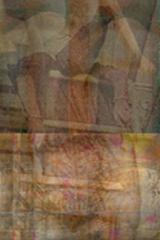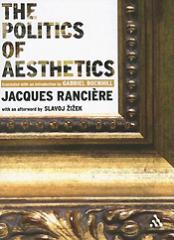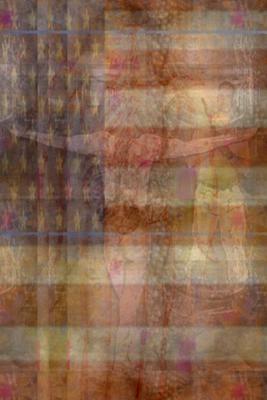Alain Badiou Lecture: Introduction by Josefina Ayerza from Miguel Abreu on Vimeo.

from Freize:
Ai Weiwei has undergone surgery for cerebral haemorrhage in a Munich hospital four weeks after being beaten up severely by Chinese policemen in Chengdu, Sichuan province, China. In previous months Weiwei had been documenting and publicizing the names of more than 5000 children who had died under collapsing, ill-constructed school buildings in the May 2008 Sichuan earthquake. The alleged attack came on 12 August, the night before he planned to attend the trial against fellow investigator and activist Tan Zuoren, who was charged with ‘subversion’.
Suffering headache since then, which had become more severe during his stay in Munich (he is there in preparation for a show at Haus der Kunst), Weiwei went for a check-up, and doctors advised an emergency operation, he told Süddeutsche Zeitung.
Early this morning, commuters nationwide were delighted to find out
that while they were sleeping, the wars in Iraq and Afghanistan had
come to an end.
If, that is, they happened to read a "special edition" of today's New
York Times.
In an elaborate operation six months in the planning, 1.2 million
papers were printed at six different presses and driven to prearranged
Released after six days in jail, artist James Powderly and other activists for Tibetan rights were deported from China as the Olympics closing ceremonies were concluding on Sunday night in Beijing.
As reported on the Students for a Free Tibet website, the Chinese government, bowing to international pressure, released the detainees earlier than expected, in an effort to defuse bad publicity that had cast a shadow on the Olympic games.
Artists re-create seminal events from the turbulent decade for Port Huron Project.
By Diane Haithman, Los Angeles Times Staff Writer
July 19, 2008
On May 2, 1971, about 200 uniformed police surrounded the perimeter of
Exposition Park while 30-odd plainclothes officers circulated through the
crowd as farm labor
leader César Chávez delivered a brief but impassioned speech decrying the

2007 Almanac of Political Art is ready to download at
http://www.reunionprojects.org.uk
Editor at large: Sophie Hope
Guest Editors: Leigh French, Adam Jeanes and Simona Nastac
Production Team: Valentina Gottardi, Ann Harezlak and Lucy Parker
 The Politics of Aesthetics
The Politics of Aesthetics
Book Review of Jacques Rancière’s The Politics of Aesthetics : with reflections on Rancière’s art-politics in lieu of the Deleuzian/Guattarian perspective.
by Joseph Nechvatal
Jacques Rancière, The Politics of Aesthetics
With an afterward by Slavoj Zizek
Continuum Press, London and New York

A Public Reading
"Combatant Status Review Tribunals, pp. -"
Judson Memorial Church
New York City
Sunday, March 11, 2007, between 4 and 9 p.m.
A public reading of transcripts selected from the 558 Combatant Status Review Tribunals held at the U.S. military prison camp in Guantánamo Bay, Cuba, between July 2004 and March 2005.

I attended this year’s College Art Association conference in New York last week. In a room mobbed with hundreds of women, an exciting panel took place as part of the Feminist Art program. It was organized by Suzanne Lacy with her guests Martha Rosler and Nato Thompson. (Lacy is the social sculptor who wrote about “new genre public art” ten years ago; Rosler is an internationally famous political artist; Thompson is the curator who organized the Interventionist show at Mass MOCA, and is soon to move to Creative Time in NYC.) Here are my raw notes with interpolations in brackets.